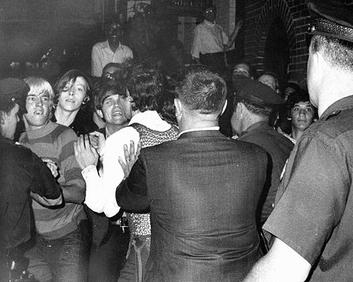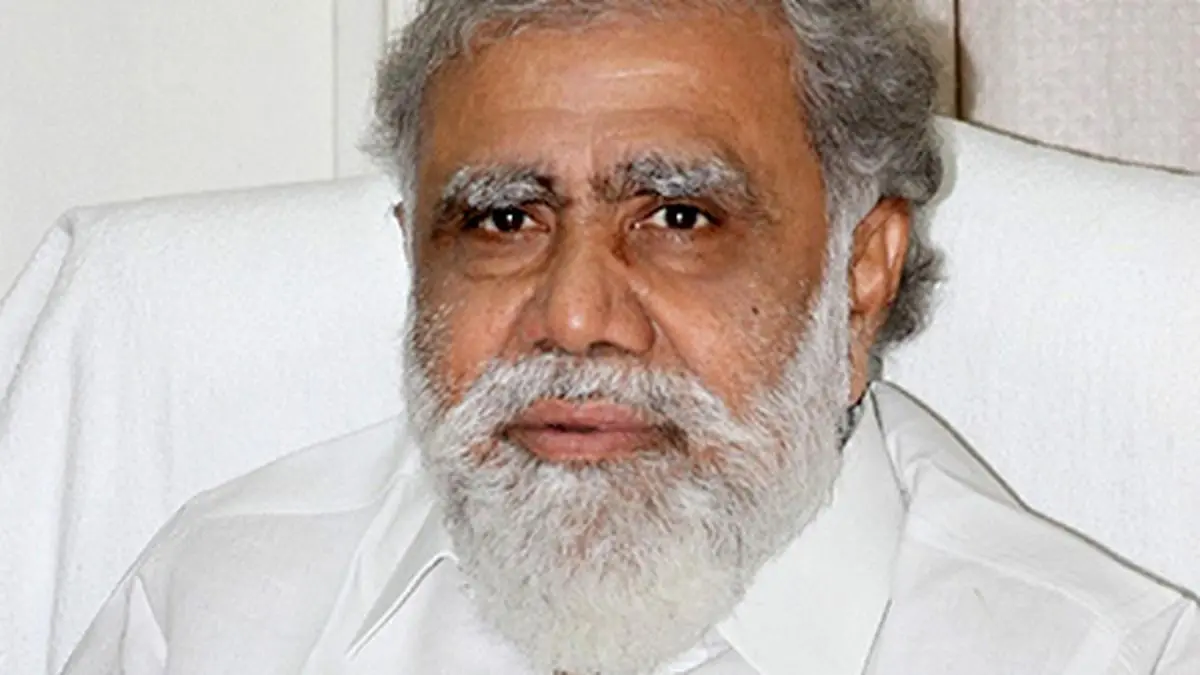Naveen Kumar (30), completed his B.Tech in textile technology between 2010 and 15 in IIT-Delhi.

I was 17 when I left my small village in Bihar’s Sitamarhi district and came to Delhi to fulfil my IIT dream in 2010. I was the first person from my scheduled caste-dominated village who made it to an IIT. I was so excited about the opportunities ahead. But little did I know about the challenges waiting for me there.
Being a government school student all my life, I was not acquainted with the English language. No one in my family ever had exposure to a single word of the English language. The language barrier was the first challenge I encountered when I landed at the IIT campus. There were several instances where I asked my professors if I could present things in Hindi instead of English in the classroom, but I was not allowed to do that. It was really demotivating. We were told that our marks will be deducted if we use any other language than English. There was no culture of multilingualism in classrooms.
The language barrier was not just limited to the classrooms. I witnessed that in conversations in the corridors, hostel gatherings, and canteen debates. I joined the institute’s dramatics team, but felt left out and unable to adjust. This is one of the major reasons why SC students like me confine themselves to their own groups. I worked very hard to improve my communication skills. It took me almost three years to gain confidence in spoken English. But, I always remained conscious because my fellow students coming from certain backgrounds, who had internalized the language, were so fluent.
I started encountering subtle discrimination on a daily basis. But, I can never forget an incident that happened in 2011. Some students wrote “SC, ST are not allowed” on a friend’s door. It shook us all. We first tried to find if there was someone in the faculty who belonged to the SC, ST community whom we could approach. There was none. Then we approached the administration and reported the incident. The administration took cognisance of our complaint and asked us if we wanted it to restrict that student from appearing in the semester exams. We could not say yes to that. We were young and terrified. Also, I personally believe that punishment is not a solution. That incident is still etched in my memory.
While the majority of my fellow students were understanding, there were some who had the perception that students like me were “undeserving” because we got into IIT through reservation.
While the majority of my fellow students were understanding, there were some who had the perception that students like me were “undeserving” because we got into IIT through reservation. Comments like “ye reservation se aya hai” and “mere bhai ka do number se admission nahi hua, tumhara 50 number kum s bhi admission ho gaya” were very common for us. They thought that we did not work hard like them. But they completely ignored India’s harsh reality; the social, educational and economic backwardness of the marginalized and backward classes.
I don’t blame them now because we cannot expect that much maturity from 18-19-year olds. They should be sensitized in schools and colleges. Unfortunately, that does not happen. In fact, in colleges also, if there were some seminars and talks on SC and ST issues, only students from these communities would join them.
It makes me feel really angry to see that cases of caste-based discrimination are still rampant in our higher education institutions. The recent cases of suicides in IITs clearly show that the system has not changed much. When I talk to students at different IITs, they still tell me how they face subtle discrimination on a day-to-day basis. This is the time to think about making campus a place where marginalized students also develop themselves and become the best version of themselves instead of being forced to take their life because of the kind of treatment they receive as though they are second-class citizens.
Coming back to my journey, I had to take a year’s extension as I failed in some subjects. I would say this was less due to academic pressure and more due to the trauma of living a life where choice and dignity were compromised. Eventually, I completed my B. Tech in 2015. I then decided to prepare for the Civil Services exams. Since my parents were government school teachers in the village, I also wanted to do something for society, and now campus life taught me there is a lot to do.
In 2018, I, along with some of my friends and alumni of different IITs launched a political party called Bahujan Azad Party (BAP), to work for the cause of marginalized and backward communities. However, things couldn’t work out well after the Covid-19 pandemic hit us in 2020. The party is still there, I am still attached to it, but I don’t get to spend much time with it. I have responsibilities to fulfil.
In the meantime, I also started an English-medium school in my village, up to class 8, mostly catering to students from backward communities. Now, I give my full attention to the school and guide those students who want to prepare for IIT or medical entrance examination. We also teach students about Baba Saheb Ambedkar and Savitribai Phule. My team is trying to prepare them not only to face the harsh realities of society with courage but also to inspire them to strive to change it.
(As told to Fareeha Iftikhar)
Enjoy unlimited digital access with HT Premium
Subscribe Now to continue reading
















